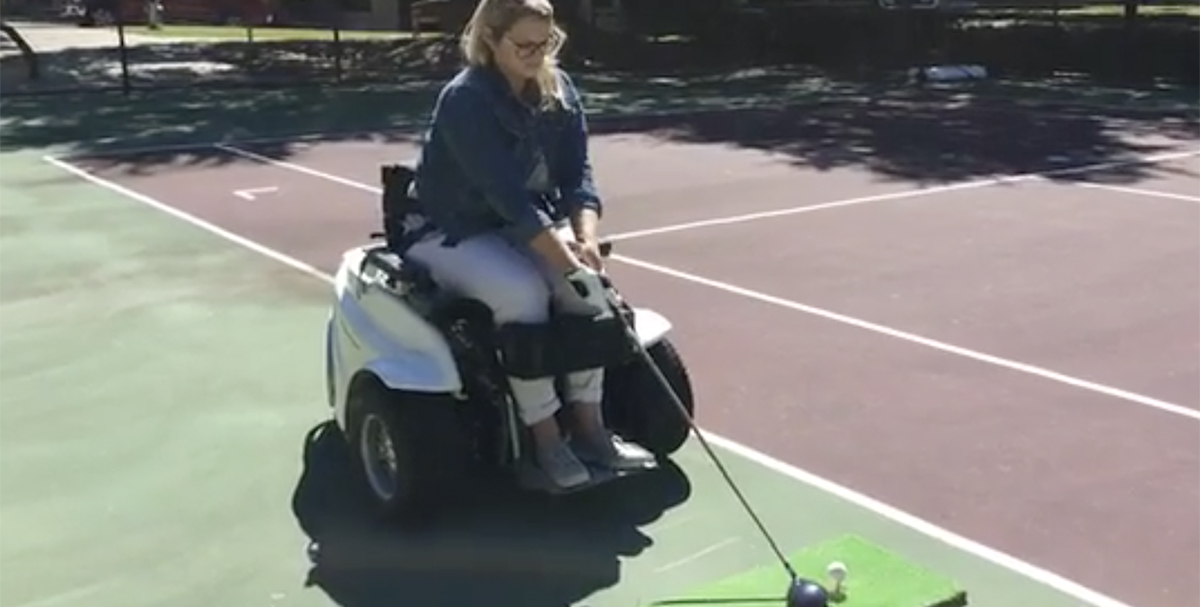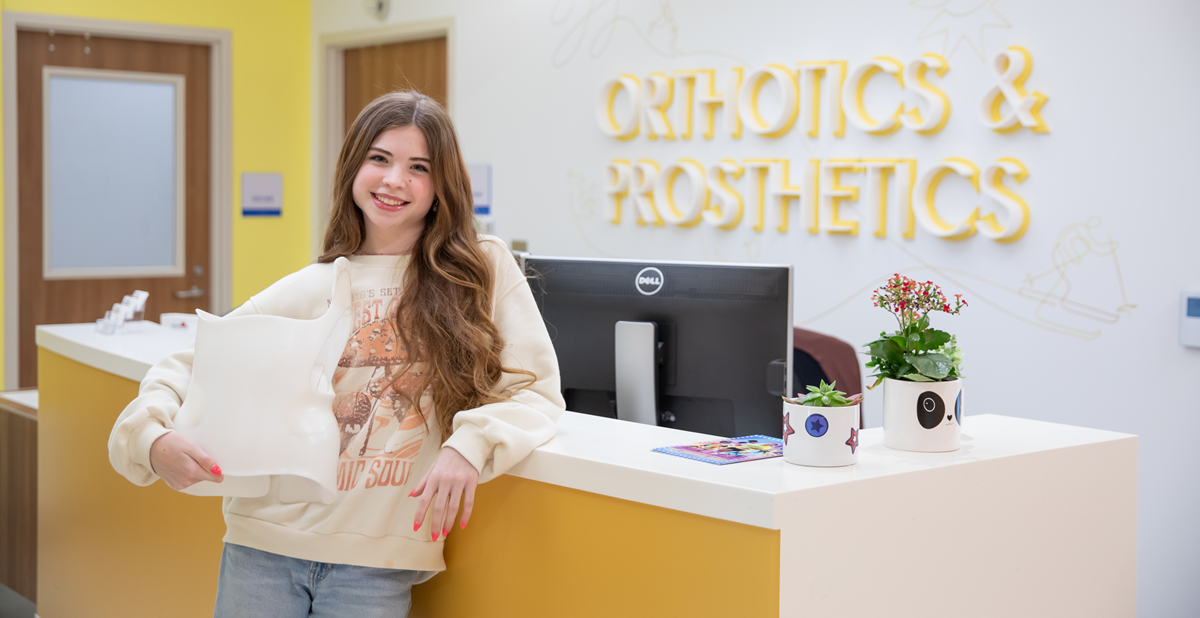
Oct 18, 2017 / Research & Innovation
#SRHaccess Facebook LIVE Recap: Therapeutic Recreation
On this week’s Facebook live, Dana Dempsey, M.S., CTRS and her staff joined us to discuss the hospital’s Therapeutic Recreation department. Below is recap of the conversation.
Watch this segment on Facebook.
What is Therapeutic Recreation (TR)?
Saturday, October 28 from 9:00 a.m. to 3:00 p.m.
The University of Texas at Arlington (UTA)
Learn more about the event and the interactive sports activities that will be available.
Find out more about Therapeutic Recreation and how this service helps our patients. Have a question? Contact us at askadoc@tsrh.org
Watch this segment on Facebook.
What is Therapeutic Recreation (TR)?
- Modality involving a variety of recreation and leisure activities as interventions to help an individual become more independent and active.
- FAQ about TR
- The TR department helps children obtain the skills and knowledge about adaptive equipment. Depending on the type of activities a patient is interested in, TR educates and trains patients and their families on how to use the equipment and promotes the benefits of play.
- TR also educates the parent/guardian. It is a team effort between the TR department, the patient and parent to determine the activities the child would like to do and make sure the family is connected to groups within the community.
- Spina bifida
- Cerebral Palsy (CP)
- Orthopedic conditions: scoliosis, hip disorder or patients with missing limbs
- Piece of equipment that is modified for a child who has a limitation which allows them to participate in play.
- Adaptive equipment removes the limitations and barriers for the child.
- Golf
- Cycling
- Tennis
- Playing cards
- The hospital’s recreational therapists work with those who are inpatient. An order from a physician is given to conduct an assessment and a care plan is created.
- The therapists provide education and training in using the adaptive equipment needed for games and activities while patients are staying at the hospital.
- Involved in the ambulatory care clinic: they provide education to the family on the various activities their child can get involved in. The therapist will do an evaluation to understand what the child would like to do and then identifies what activities are available in the family’s hometown/community to match their ability and interest.
- Paragolfer: a device that assists a mobility impaired patient get around the golf course and gives them the ability to play from a seated or standing position. While standing, a child is strapped in for safety to feel secure while playing.
- Stabilizer glove/grip aid: a glove used for an individual who has a weak grip and needs additional support to hold onto a piece of equipment. The glove has a Velcro strap that goes over the racket or golf club so the child can play.
- A prosthetics device for those with a hand difference to connect to the club – the ability to use two arms for their swing.
- Various golf putter adaptive equipment to accommodate modifications and mobility impairment.
- Tennis balls: different types including a foam ball, foam ball with bells (low vision – track in sound), no pressure ball (slower) and regular tennis ball. This allows all levels of ability to use a ball they are most comfortable using.
- Card holder: strip of wood to hold the cards for the individual if they have a limited use of one hand or side of the body.
- Amtryke cycle: an adaptive tricycle used for patients with disabilities. There are different models that can be fitted to the specific need of the child. Scottish Rite Hospital is a registered demonstration site for AMBUCS – a nonprofit charitable organization that creates mobility and independence for individuals with disabilities. Learn more about the upcoming event in Mesquite, Texas.
Saturday, October 28 from 9:00 a.m. to 3:00 p.m.
The University of Texas at Arlington (UTA)
Learn more about the event and the interactive sports activities that will be available.
Find out more about Therapeutic Recreation and how this service helps our patients. Have a question? Contact us at askadoc@tsrh.org



